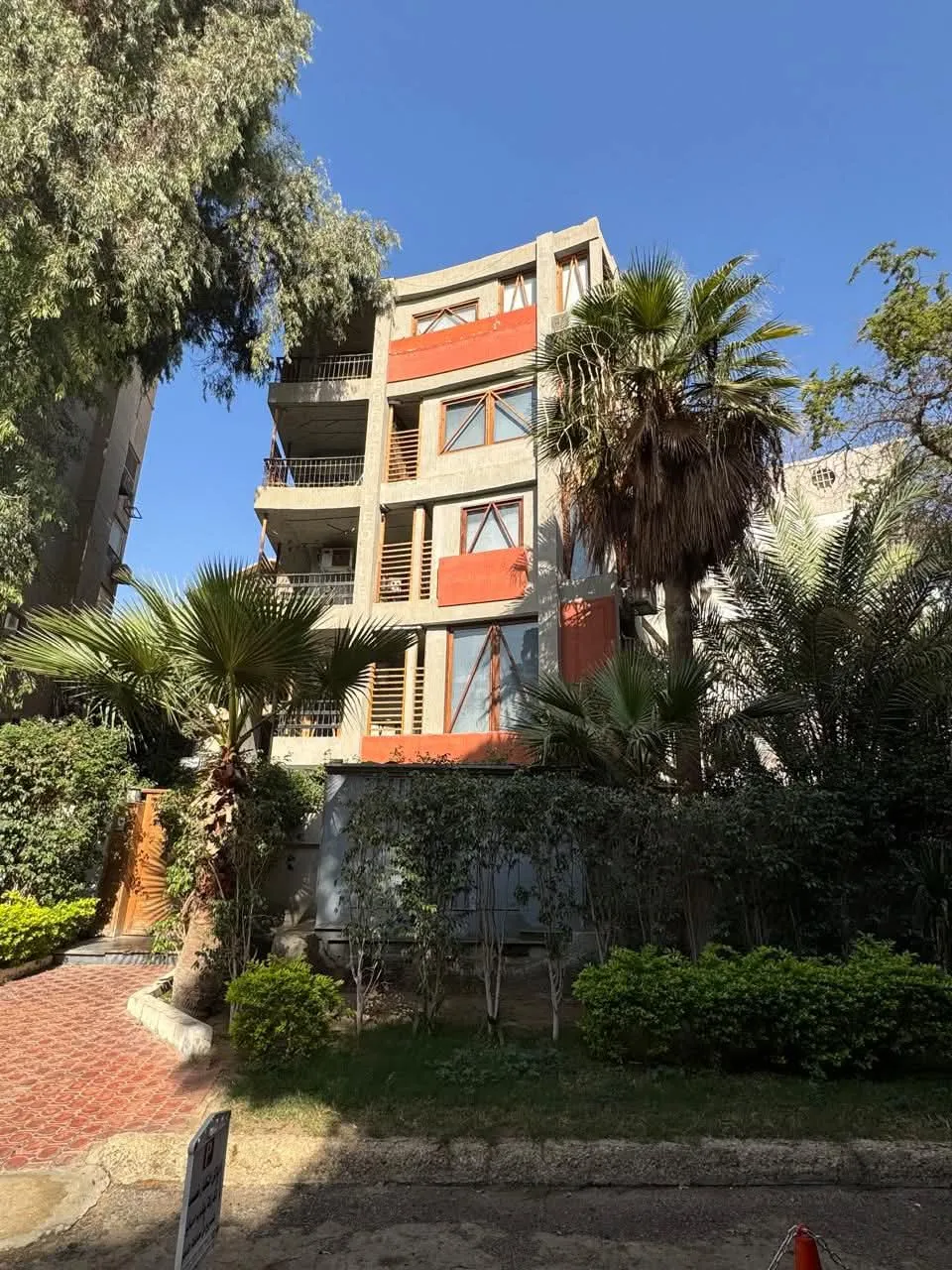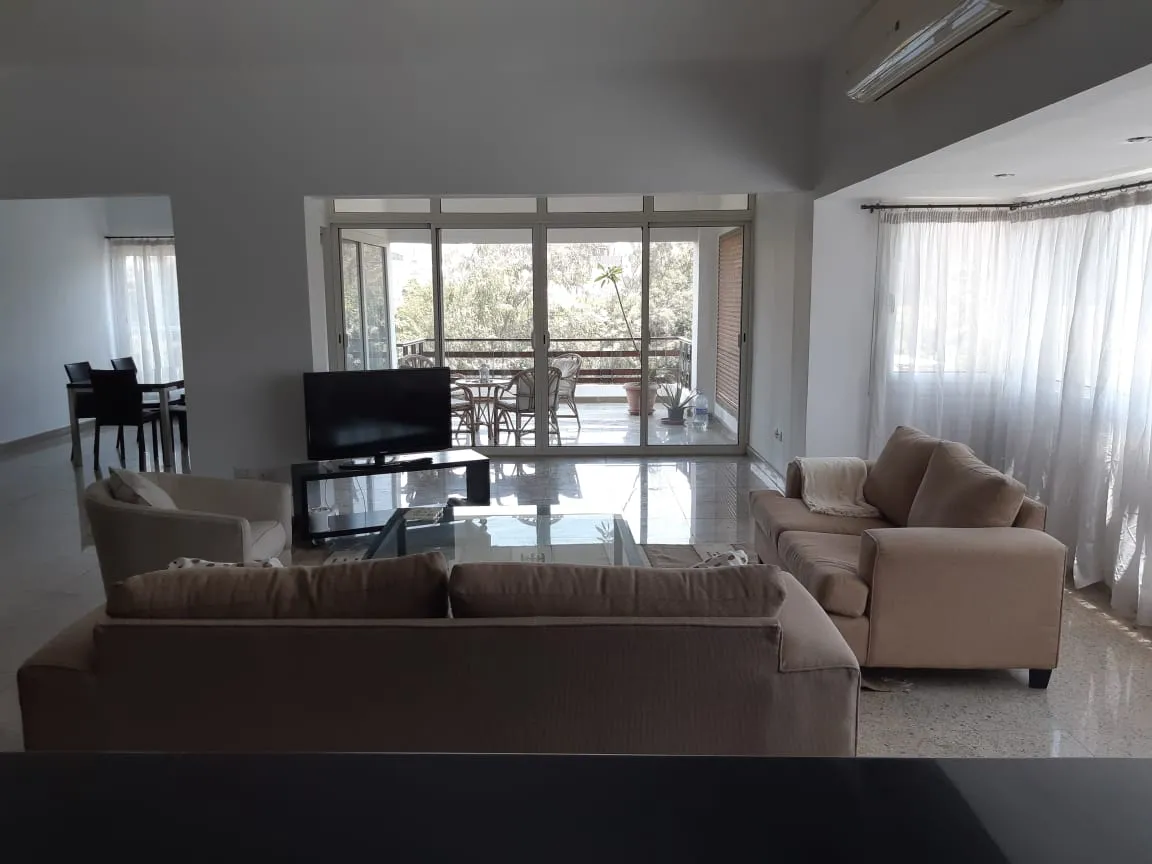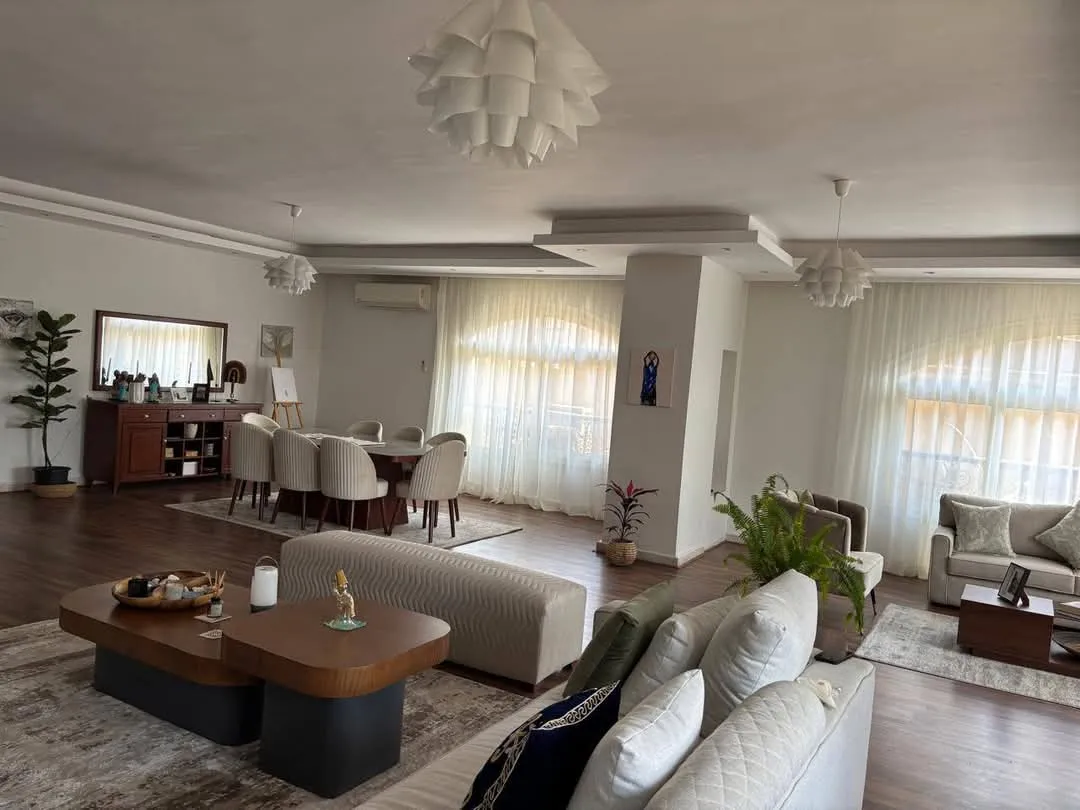Quick Apartment Hunting Guide: Essential Tips for Success
الكاتب
Ali Ashour
الوقت
9 دقيقة
اللغة
الانجليزية
كتبت بتاريخ:
4/2/2024
تم التحديث:
4/15/2024
Quick Apartment Hunting Guide: Essential Tips for Success
Apartment hunting is a significant step in one’s life, requiring a well-thought-out plan to find the perfect place to call home. Ensuring your income is at least three times the monthly rent and considering the vibe, activity level, and convenience of the neighborhood to your workplace or favorite nightlife hotspots are crucial steps. Additionally, leveraging tools like a rent calculator and starting your search at least 60 days before you plan to move can streamline the process, making finding an apartment near you less daunting.

As potential renters navigate through apartment listings, using filters to zero in on specific needs like proximity to an apartment complex near me, amenities, and price points becomes vital. Online resources and social media can also offer a deeper insight into the neighborhood dynamics, while touring the potential apartments allows one to inspect for any existing damage and assess overall suitability. By preparing requisite documents such as government-issued ID, landlord references, and proof of income in advance, individuals can efficiently move through the leasing process, thereby securing their new abode.
Determining Your Budget
When embarking on apartment hunting, determining your budget is the cornerstone of a successful search. It's not just about the rent; it's about the full picture of living costs. Here's how to approach this:

- Plan Your Expenses:
- Rent: Aim to keep this under 30% of your monthly income to maintain financial health.
- Utilities: Factor in gas, electric, water, heating, and internet. Remember, these can vary greatly by location.
- Other Expenses: Don't forget groceries, renter’s insurance, parking, and any application fees.
- Budgeting Rules to Consider:
- 30% Rent Rule: A guideline ensuring rent doesn't exceed 30% of your gross income.
- 50/30/20 Rule: Allocates 50% of your take-home pay to needs, 30% to wants, and 20% to savings/debt repayment.
- Individual Circumstances: Adjust these rules based on your unique financial situation, such as savings goals or unstable living conditions.
- Strategies to Manage Costs:
- Negotiate Bills: Attempt to lower costs for internet, cable, and even car insurance by shopping around or negotiating.
- Roommates: Sharing your living space can significantly cut down on rent and utility expenses.
- Utilize Budgeting Tools: Apps and budget calculators can provide a clear view of what you can afford, helping to avoid financial strain.
Choosing the Right Location
Choosing the right location for your new apartment involves a careful consideration of several factors to ensure it suits your lifestyle and budget. Here's a structured approach to help you navigate through this crucial step:
- Key Factors to Consider:
- Cost of living, including rent and utilities.
- Commute time and distance to work or school.
- Access to public transportation and neighborhood amenities like grocery stores, parks, and local restaurants.
- Safety, including crime rates and presence of public safety measures.
- Pedestrian and cyclist friendliness.
- Research and Exploration:
- Utilize online resources such as Neighborhood Scout or Area Vibes for detailed insights into crime rates, schools, and local amenities.
- Drive or walk around the neighborhood at different times to get a feel for the community vibe and safety.
- Consult with locals, friends, or connections in the city for personal experiences and recommendations.
- Decision-Making:
- Balance your preferences for urban or suburban living with the reality of your budget and commute requirements.
- Consider whether you'll be living alone or with roommates, as this can influence the type of neighborhood that's best for you.
- Prioritize neighborhoods that offer a good mix of safety, convenience, and affordability to find a place that feels like home.
Understanding the Best Time to Apartment Hunt
Understanding the optimal timing for apartment hunting is crucial to balancing your priorities between cost and selection. Here's a breakdown to guide you:
- Seasonal Influence on Apartment Hunting:
- Summer (May to September):
- Pros: Highest inventory and turnover, making it easier to find an apartment.
- Cons: Higher rental rates due to increased demand.
- Winter (October to April):
- Pros: Best rental bargains, lower demand, more options for apartment size and style, potential for discounted rent or incentives, reduced competition.
- Cons: Limited choices, fewer people moving which means fewer available apartments.
- Monthly Timing for Starting Your Search:
- Begin your search in the middle of the month prior to your target move month. This period often sees the end of leases and a spike in available listings. Landlords might be more inclined to negotiate on empty units, offering better deals.
- Additional Considerations:
- Winter Months (November to March) are generally the cheapest time to rent, with landlords potentially offering concessions like lower rent prices or better deals on utilities.
- Local Market Variations: Peak times can differ by city, making it essential to research the local market.
- Strategic Lease Timing: If possible, sign the lease ahead of time during off-peak seasons to secure discounted rent.
Inspecting Potential Apartments
When inspecting potential apartments, it's crucial to conduct a thorough self-inspection to uncover any hidden issues that could impact your living experience. Here's a structured approach to ensure you cover all bases:
Self-Inspection Checklist:
- Hidden Issues: Look for animal droppings, test all sinks and showers for running water, and check every outlet to ensure they work.
- Space and Fit: Measure doorways, hallways, and rooms to confirm your furniture will fit. Don’t forget to assess the size of closets, pantry, and linen storage for adequacy.
- Apartment Complex Research:
- Reputation and Amenities: Read up on the complex’s reputation. Confirm availability of parking or garages, which utilities are included, and who handles snow removal.
- Maintenance and Extras: Inquire about how quickly maintenance issues are addressed and the availability of additional storage units.
Before Moving In:
- Documentation and Inspection: Schedule a move-in inspection with your landlord and take pictures of the unit to document its condition. This will be crucial for the security deposit refund.
- Apartment Cleanliness: Ensure the apartment is clean before moving in. This includes checking cabinets, power outlets, and verifying cell coverage in all rooms.
By following this guide, you can confidently assess potential apartments, ensuring they meet your standards and requirements before making a commitment.
Navigating Leases and Agreements
Navigating leases and agreements requires attention to detail and understanding of legal terms to ensure a successful apartment hunt. Here are essential steps and considerations:

- Initial Discussions:
- Discuss with the property manager about potential additional fees (garage, parking, maintenance), utilities coverage, income requirements, and pet policies.
- Clarify the policies on pets and guests, and request a copy of the lease via email for thorough review.
- Share your specific needs, including move-in timeframe, budget, and commute preferences, and ask for updated apartment visuals like pictures, blueprints, or video tours.
- Understanding Your Lease:
- Read the lease carefully, focusing on the full address, tenant and landlord names, promised repairs or inclusions, and the lease's length (month-to-month or year-long).
- Pay special attention to rules about pets, parking, security deposits, and maintenance responsibilities.
- Look for any hidden fees, penalties for early lease termination or late rent payments, and ensure verbal agreements are documented in the lease.
- Before Signing:
- Investigate the landlord's reputation and legality online.
- Discuss reporting on-time rent payments to credit bureaus.
- If anything is unclear or seems unfair, consider seeking legal counsel.
- Store the signed lease in an easily accessible place for future reference.
Securing the Apartment and Moving In
Once you've navigated the apartment hunting process and found your ideal space, securing the apartment and moving in requires careful planning and attention to detail. Here's a streamlined approach to ensure a smooth transition:
Pre-Move Preparations:
- Financial Readiness: Prepare for the first month's rent plus a security deposit. Consider additional costs not included in rent, such as utilities.
- Documentation: Gather necessary documents including proof of employment, social security card, photo ID, bank statements, and a checkbook for immediate payments.
- Insurance and Services:
- Secure renters insurance to protect against incidents like fire or burglary.
- Set up essential services (electricity, water, trash, cable, internet) and cancel old utilities.
- Update your address with USPS, voter registration, driver’s license, and subscriptions.
Moving Day Essentials:
- Logistics: Create a moving day plan, considering logistics and potential challenges. Measure furniture to ensure fit and consider dismantling services if necessary.
- Utilities: Ensure utilities (electricity, gas, cable, internet) are turned on two weeks before moving.
- Packing Tips: Start packing early, focusing on items you won't need immediately. Don't forget commonly overlooked items like chargers and medicine chest items.
Post-Move Actions:
- Community Engagement: Introduce yourself to neighbors and explore your new neighborhood for local amenities.
- Security Updates: Change locks and ensure your apartment is secure.
- Final Touches: Unpack, set up your space, and consider purchasing additional furniture or appliances as needed to make your new apartment feel like home.
Conclusion
Throughout this comprehensive guide to apartment hunting, we've navigated the essential steps from budgeting and choosing the right location, to understanding the best time for apartment hunting, conducting thorough inspections, and carefully reviewing leases and agreements. These strategies not only streamline the search process but also ensure that you find an apartment that meets your standards and fits your lifestyle. By adhering to the outlined advice, potential renters can approach the apartment hunting journey with confidence, equipped with the knowledge to make informed decisions and secure their ideal living space.
Finally, as you embark on this significant step towards finding your new home, remember the importance of preparation, thorough inspection, and clear communication. Whether it's deciphering the intricacies of leases or making the final preparations for moving in, each phase of apartment hunting holds its unique challenges and rewards. With this guide as your roadmap, you're well-prepared to tackle these steps methodically, ensuring a successful transition to your new apartment that not only fits your budget but also provides a comfortable and inviting space to call home.






